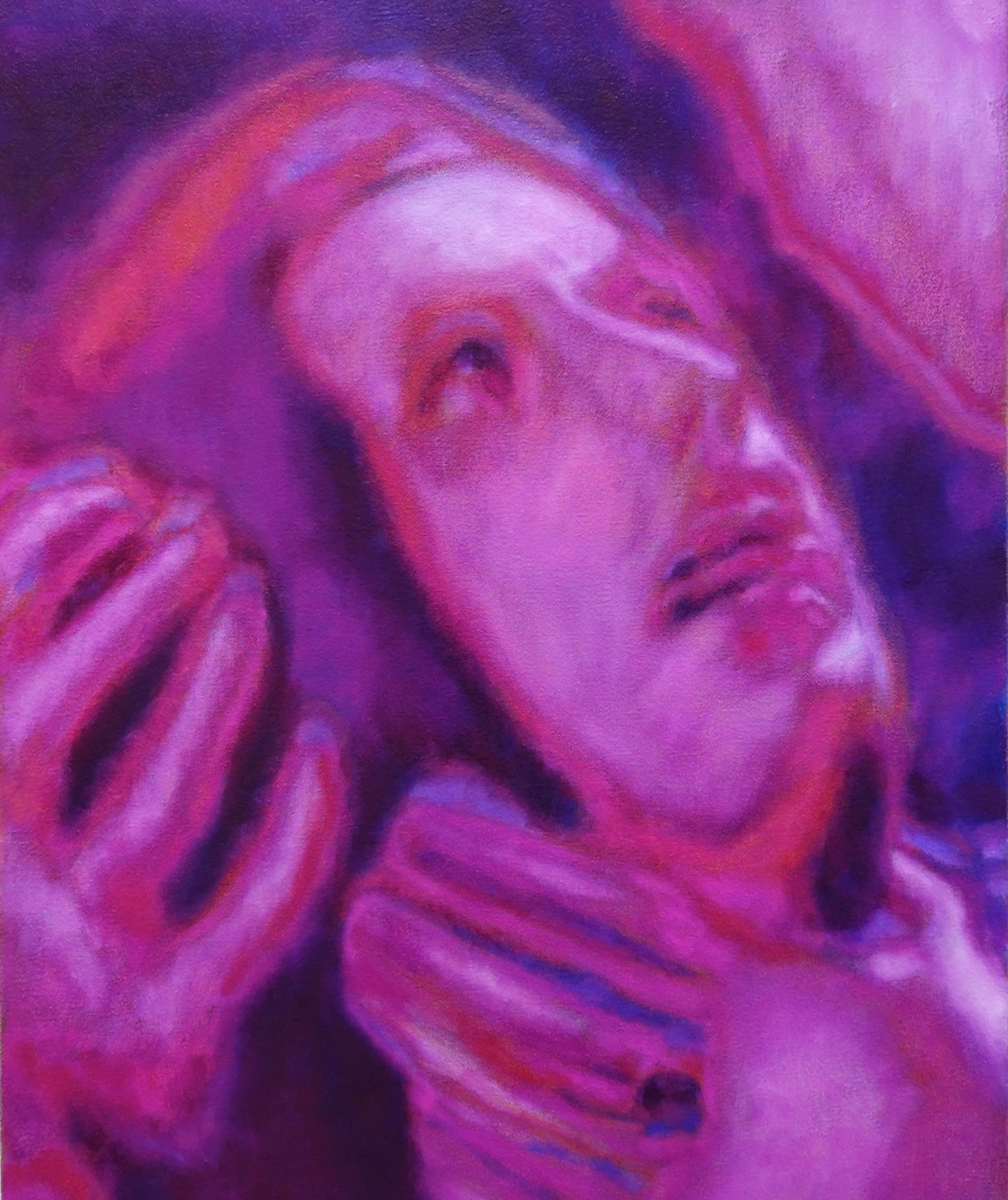Seventh is an artist-run gallery operating since 2000. Learn more about us or join our mailing list to stay connected with what’s on, both online and IRL.
01
Jan
2100
01
Jan
00
-
Admin
In Celtic cosmology, sacred groves were living thresholds. They weren’t places you climbed upward toward the divine or descended downward into an eternal inferno. Instead, they were understood as side-doors: quiet openings into a world that ran parallel to ours. The Otherworld wasn’t imagined as heaven or underworld; it was just beside us, touching our world at certain edges. These spaces acted as sanctuaries, courts, ritual sites, and portals for encounter and communion. But they weren’t monumental. They were earthly spaces - of roots, soil, leaves, air. The sacred was encountered through the texture of the world itself.
This idea (that the spiritual lives alongside us, not above us) also moves through this exhibition. House of Ghosts presents a vision of the sacred that is grounded, bodily, sensory. Together, the artists explore the psychic, spatial, and somatic registers of contemporary devotion. Their works stay close to the earthly plane, asking how faith, ritual, and devotion function here, now, in the messy, hybrid, highly mediated present. A sanctuary not of ascension but of coexistence. A world overlapping ours.
Image | Jacob Kotzee, Leni, 2025, oil on canvas 55 × 40 cm
